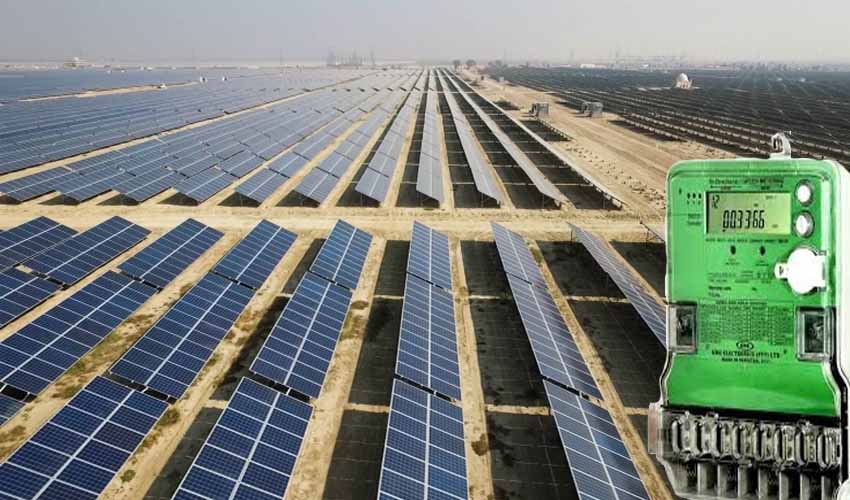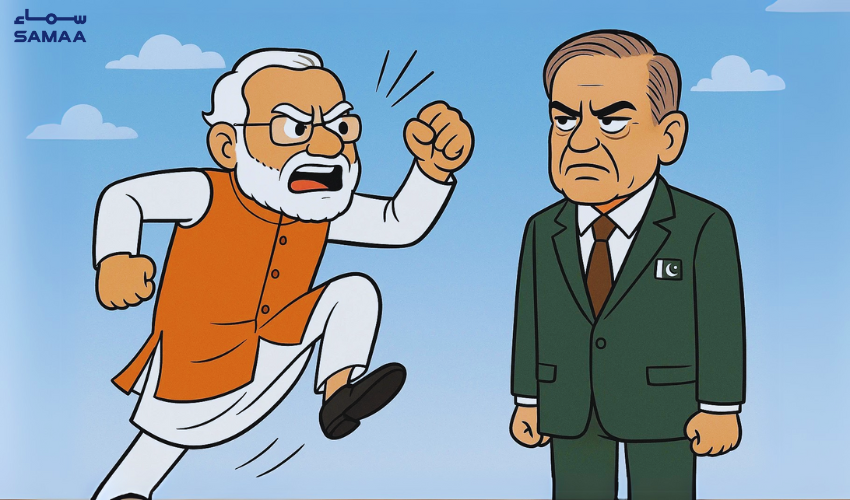Inflation has become a pressing concern, impacting individuals, businesses, and governments worldwide. As prices rise, the value of money decreases, leading to a decrease in purchasing power.
This article aims to explore the intricacies of inflation, examining its root causes, effects, and strategies to navigate its challenges.
Inflation is a complex phenomenon, resulting from various factors such as supply and demand imbalances, macroeconomic policies, and external shocks. Two primary types of inflation are:
- Demand-pull inflation, driven by high consumer spending
- Cost-push inflation, resulting from increased production costs
The effects of inflation are far-reaching, influencing various sectors of the economy. While moderate inflation can stimulate economic growth and investment, excessive inflation can erode savings, undermine long-term growth prospects, and lead to economic instability.
Governments and central banks play a crucial role in managing inflation through a combination of fiscal and monetary policies, aiming to strike a balance between economic growth and price stability.
The writer is a driven and ambitious individual currently pursuing her Bachelor of Business and Information Technology at the University of Engineering and Technology Lahore. With a keen interest in leveraging technology to drive business innovation and growth, Aqsa is committed to honing her skills in both business management and information technology. She can be reached at sohaib.shareef12@gmail.com



























